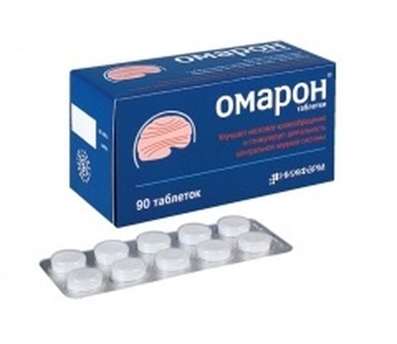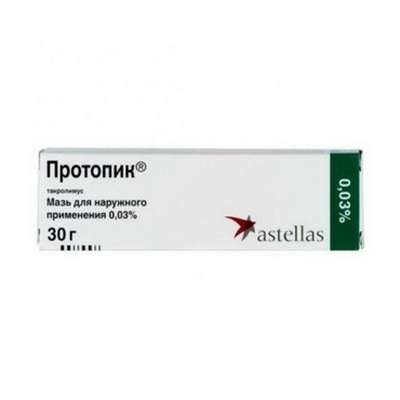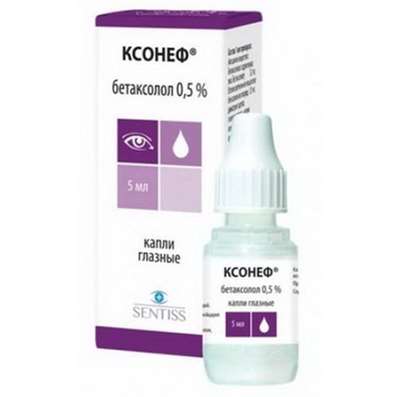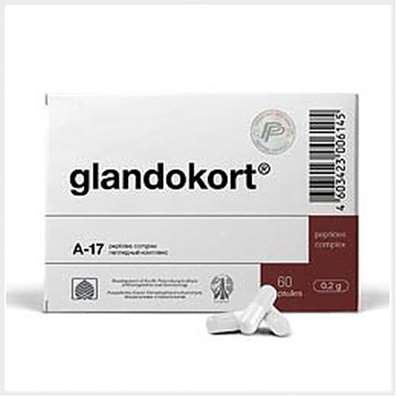Instruction for use: Actovegin Injection
I want this, give me price
Trade name of the drug ľ Actovegin
Dosage Form:
ointment for external use.
Composition
1 ml contains:
active substance: blood components - deproteined hemo-derivative blood of calves: , respectively. 40 mg dry weight, containing 26.8 mg of sodium chloride.
Excipients: Water for Injection.
Description: clear, yellowish solution is substantially free of particles.
Pharmacotherapeutic group: tissue regeneration stimulator.
ATC code:┬06└┬
Pharmachologic Effect
Pharmacodynamics
Antihypoxants. The hemo-derivative Actovegin is that obtained by dialysis and ultrafiltration (tested compound with a molecular weight less than 5000 daltons). Positively affects the transport and utilization of glucose stimulated oxygen consumption (which leads to stabilization of the plasma membranes of cells during ischemia and reduce the formation of lactate) having thus anti-hypoxic action, which begins to appear at the latest 30 minutes after parenteral administration and reach peak average after 3 hours (2-6 hours). Actovegin increases the concentration of adenosine triphosphate, adenosine, phosphocreatine, and amino acids - glutamate, aspartate, and gamma-aminobutyric acid.
Pharmacokinetics
Using methods impossible pharmacokinetic study Actovegin pharmacokinetic drug because it consists only of physiological components that normally present in the body.
So far not found to decrease hemo-derivate pharmacological effect in patients with altered pharmacokinetics (eg, hepatic or renal failure, metabolic changes associated with old age, and especially in newborns metabolism).
Indications
- Metabolic and vascular brain disorders (including ischemic stroke, traumatic brain injury).
- Peripheral (arterial and venous) vascular disorders and their consequences (arterial angiopathy, trophic ulcers).
- Wound healing (ulcers of various etiologies, burns, trophic disorders (bedsores), violation of the healing process).
- Prevention and treatment of radiation skin lesions and mucous membranes with radiation therapy.
Contraindications
Hypersensitivity to the drug or similar drugs Actovegin, decompensated heart failure, pulmonary edema, oliguria, anuria, fluid retention in the body. Precautions: hyperchloremia, hypernatremia.
Pregnancy and lactation: The use of the drug in pregnant women caused no adverse effects on the mother or fetus. However, when used in pregnant women should take into account the potential risk to the fetus.
Dosing and Administration
Intraarterially, intravenously (including by infusion) and intramuscularly. In connection with the potential development of anaphylactic reactions, it is recommended to carry out a test before the start of the infusion. Instructions on the use of vials with the point of the fault:
- Place the tip of the ampoule point upwards! Break off the tip.
- Place the tip of the ampoule point upwards! Gently tapping his finger and shaking the vial to give a solution from the tip of the ampule to flow down.
Depending on the severity of the clinical picture, the initial dose of 10-20 ml / day intravenously or intraarterially; Further 5 ml 5 ml intravenously or intramuscularly.When administered in the form of an infusion to 200-300 ml of stock solution (0.9% sodium chloride or 5% dextrose solution) is added 10-20 ml Actovegin injection rate: about 2 ml / min.
Metabolic and cerebrovascular disorders: early treatment 10 mL intravenously every day for two weeks, followed by intravenous injection of 5-10 ml 3-4 times a week for at least 2 weeks.
Ischemic stroke: 20-50 ml 200-300 ml stock solution intravenously daily for one week, followed by intravenous drip of 10-20 ml - 2 weeks.
Peripheral (arterial and venous) vascular disorders and their consequences: 20-30 ml of the drug in 200 ml stock solution daily intraarterially or intravenously; treatment duration of about 4 weeks.
Wound healing: 10 ml 5 ml intravenously or intramuscularly daily or 3-4 times per week depending on the healing process (in addition to local drug treatment Actovegin in dosage forms for local application).
Prevention and treatment of radiation skin lesions and mucous membranes with radiation therapy: the average dose is 5 ml intravenously daily in between radiation exposure.
Radiation cystitis: daily 10 ml transurethral in conjunction with antibiotic therapy.
Side effect
Allergic reactions (skin rash, skin redness, hyperthermia) up to anaphylactic shock.
Interaction with other drugs
It is currently unknown.
Special Instructions
In the case of intramuscular injected slowly application method is not more than 5 ml. Because of the possibility of anaphylactic reactions recommended test injection (2 ml intramuscular).The solution for injection has a slightly yellowish tint. The color intensity can vary from one batch to another, depending on the characteristics of the raw materials used, but this does not adversely affect the activity of the drug or its portability.Do not use opaque solution or a solution containing particles.
After opening the ampoule, the solution can not be stored.
Release Form
Injectable solution 40 mg / ml.
2, 5, 10 ml of the product in colorless glass vials (type I, Eur. Pharm.) From the fault point. 5 vials in a plastic contour cell package. By 1 or 5 contour cell packages with instructions for use placed in a cardboard box. In a pack of transparent protective paste stickers round shape with holographic inscriptions and control of the first opening.
Shelf life
5 years. Do not use beyond the expiration date.
Storage conditions
The temperature is not above 25 ░ C in a dark place. Keep out of reach of children!
Conditions of supply of pharmacies
By prescription.

 Cart
Cart





